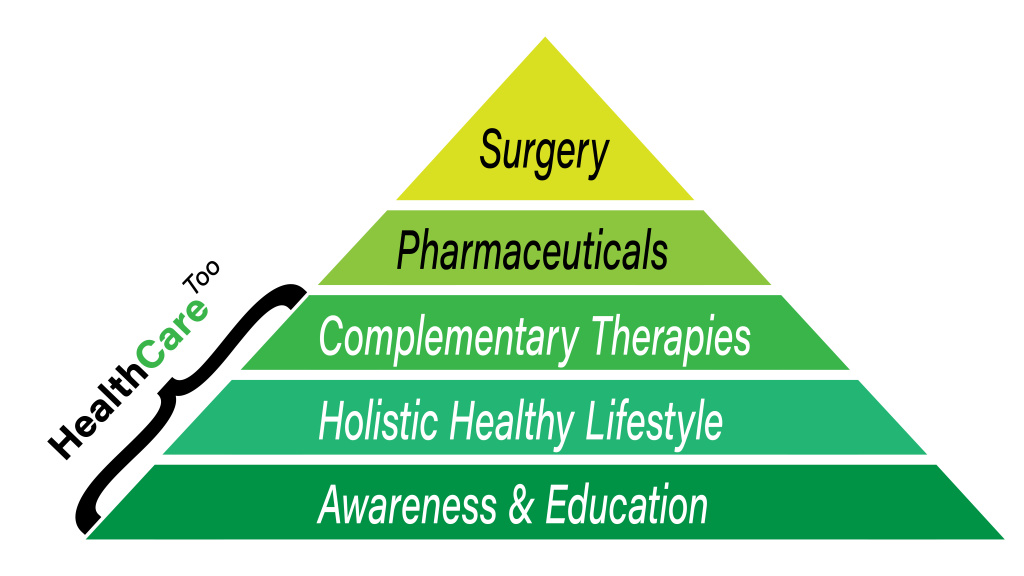Workplace Wellness Can Backfire
Too often workplace wellness programs are miniaturized clinical visits, with focus on symptomatic vital statistics like blood pressure and not the social determinants of health. The result is that workplace wellness can backfire and produce poor health results and an even more toxic work environment.
Not every company wellness program works out.
In fact, workplace health promotion programs (WHPP) that make the employees responsible for how much they weigh can tip the scales against them by increasing weight stigma on the job, according to a new Frontiers in Psychology study, which can then lead to increased obesity and decreased well-being.
About four-fifths of U.S. employers with more than 1,000 employees offer workplace health and wellness programs, according to a RAND Corporation analysis, and improving employee health has become a $6 billion industry. People spend one-third of their lives at work, after all, which makes the workplace a logical setting to develop healthy lifestyle habits. And it pays for employers to invest in employees’ health; a 2012 Rand Report found that employer health care costs are 15.3% lower for physically active workers versus inactive ones.
So the Netherlands research team conducted surveys and psychological tests to see which programs were most effective, particularly when workers were confronted with an employee-focused health program (such as signs posted in the workplace telling them eat healthier), versus an employer-focused one (where the workplace cafeteria sells mostly healthy food.) And they found that the programs that put the responsibility on employees made the workers believe that their weight is blameworthy, which led to increased weight-based discrimination and stigma in the workplace, compared to programs where the employers shouldered the responsibility.
Source: Ways your workplace wellness program could actually be making you fat – MarketWatch
You may also enjoy The difference between wellbeing and wellness




